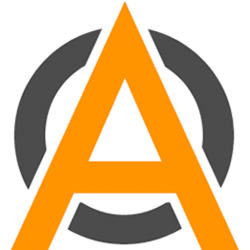My research is guided by questions on the ethics and politics of academic knowledge production and scholarly communication. I am interested in the implications of the turn to openness in academic research: the drivers of this turn (economic, epistemic, ideological), the different values underpinning it, and the possibilities that different open practices offer to knowledge production across scholarly disciplines. I have published widely on topics relating to academic knowledge production in the sciences and humanities, such as peer review, open access publishing, open data and knowledge infrastructures.
I am the Principal Investigator of Materialising Open Research Practices in the Humanities and Social Sciences (MORPHSS), which is a 3-year project funded by the Wellcome Trust, AHRC and UKRI’s RED Fund. This project is devising ways to encourage and embed innovative open research practices within humanities and social science disciplines by expanding our notion of openness outside of ‘open science’ narratives. With researchers at the universities of Cambridge, Coventry, Sheffield and Southampton, we are piloting experiments in open peer review, data sharing, open licensing and long-form scholarship with the ultimate aim of building interest from researchers in these practices through a series of workshops.
My first monograph Publishing Beyond the Market: Open Access, Care, and the Commons was published in 2025 by the University of Michigan Press. The book argues that the move to open access should focus less on the free accessibility of research outputs and more on who controls the publications and infrastructures for scholarly communication. By deploying theoretical literature on science and technology studies, care ethics, and the commons, the book critically interrogates open access and reimagines a more ethical future for researcher-led publishing. Through critical engagement with the open access landscape, the book reveals the shortcomings of market-centric and policy-based approaches to open access publishing and proposes a series of researcher-led alternatives.
With my colleagues Janneke
